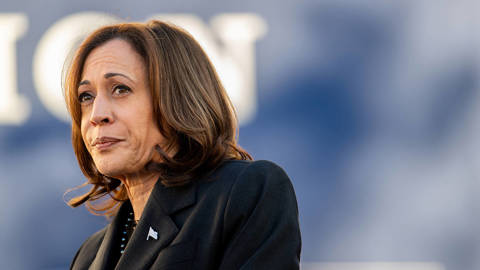
Our Contributors
-
Ann Aerts is Head of the Novartis Foundation.
-
Jiniya Afroze is Country Coordinator for Bangladesh at the Child Labour: Action-Research-Innovation in South and South-Eastern Asia (CLARISSA) consortium.
-
Thani Ahmed Al Zeyoudi is the United Arab Emirates' Minister of Climate Change and Environment.
-
Mai Salem Al-Kailah is Minister of Health for Palestine.
-
Omran Al-Kuwari is CEO of the Qatar Foundation International.
-
Rania A. Al-Mashat is Minister of International Cooperation of Egypt.
-
Jeremy Allare is Co-Founder, CEO, and Chairman of Circle.
-
Danielle Allen is a political theorist and classicist. She is the James Bryant Conant University Professor at Harvard University, and the author of many popular books, including Cuz: The Life and Times of Michael A.
-
Galit Alter is a professor at Harvard Medical School and the Ragon Institute.
-
Ed Araral is an associate professor at the National University of Singapore’s Lee Kuan Yew School of Public Policy.
-
Yann Arthus-Bertrand is an environmentalist and photographer.
-
Samira Asma is Assistant Director-General for the Data, Analytics, and Delivery for Impact Division at the World Health Organization.
-
Seife Ayele is a research fellow at the Institute of Development Studies at the University of Sussex.
-
Julia Azari is an associate professor and assistant chair in the Department of Political Science at Marquette University.
Our Pick

Featured
-
Africa’s Hobbled Hegemons Africa’s Hobbled Hegemons
Jul 17, 2024 Adekeye Adebajo
-
Is Greece’s Six-Day Work Week a Harbinger? Is Greece’s Six-Day Work Week a Harbinger?
Jul 19, 2024 Pinelopi Koujianou Goldberg
-
Overcoming Political Short-Termism in Latin America Overcoming Political Short-Termism in Latin America
Jul 18, 2024 Eric Parrado
-
Israel Is Enabling Iran’s War of Attrition Israel Is Enabling Iran’s War of Attrition
Jul 17, 2024 Shlomo Ben-Ami








